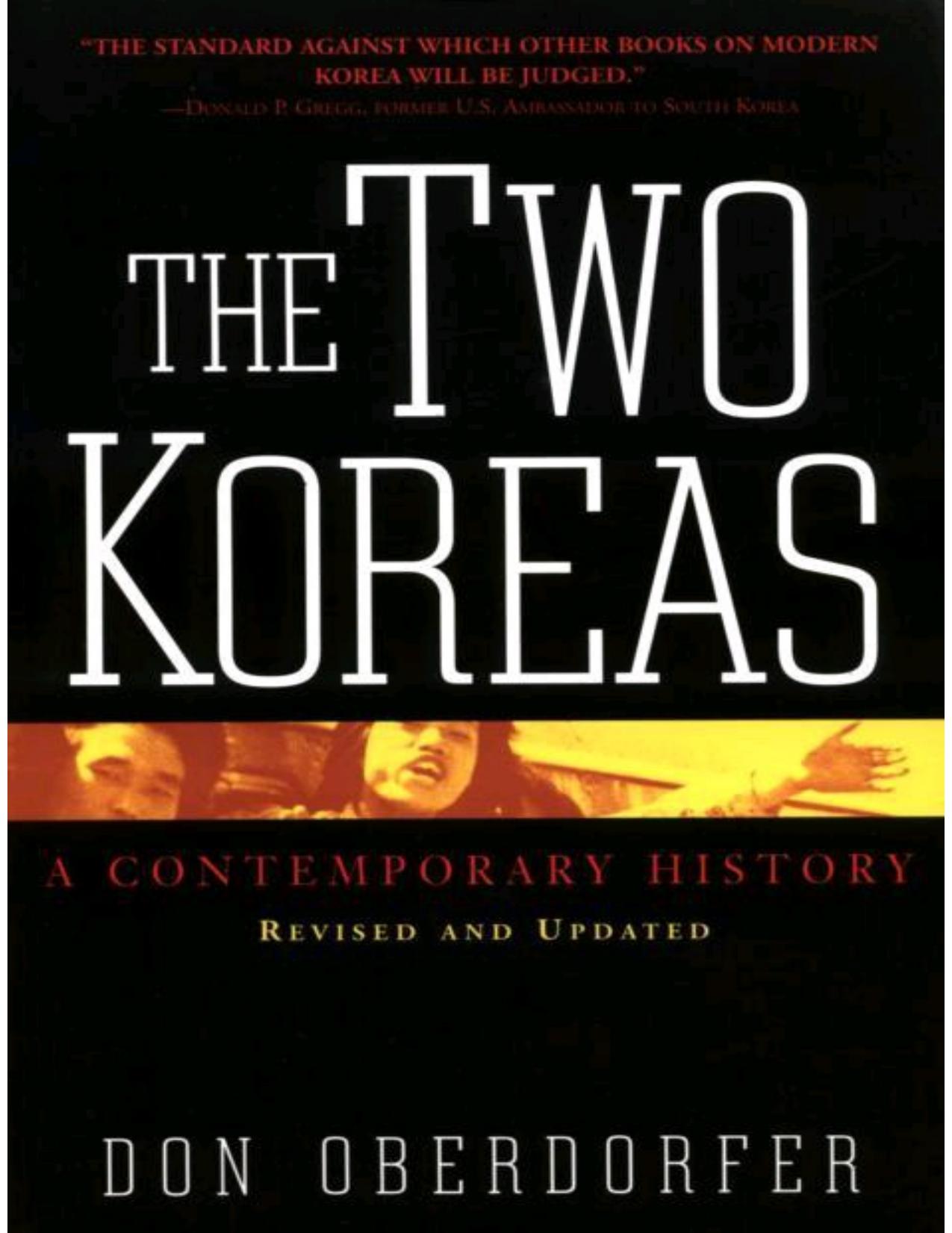The Two Koreas: Revised And Updated A Contemporary History by Don Oberdorfer

Author:Don Oberdorfer
Language: eng
Format: mobi, pdf
Published: 2012-02-06T11:11:56+00:00
In the spring of 1990, China finally activated a channel for unofficial contacts aimed at eventual diplomatic relations with Seoul. The initial discussions, resembling the meetings of go-betweens exploring a marriage to unite two Asian families, involved Lee Sun Sok, president of the Sunkyung corporation in Seoul, whose board chairman's son had married Roh Tae Woo's daughter, and a Chinese Army colonel who was the son-in-law of Li Xiannian, a prominent member of the Chinese leadership. A subsequent series of meetings between the Korean businessman and high-ranking Chinese trade officials led to the establishment of semiofficial trade offices with consular functions in the two capitals at the end of 1990. The South Korean "trade representative" in the Chinese capital was not a businessman or economic official but in fact a veteran and senior diplomat, Ambassador Roh Jae Won (no relation to the president), who assumed a key role in the quasi-diplomatic negotiations with China.
The year 1991 was crucial in the revision of China's policy. Beginning with Deng Xiaoping's travels in southern China, the Beijing regime regained the confidence and momentum it had briefly lost in the bloody tumult of Tiananmen Square two years earlier. Once more it attuned its diplomacy to the external sources of capital, markets, and technology for rapid economic growth, which meant the capitalistic nations of North America, and Western Europe-and South Korea, just across the Yellow Sea. Unproductive ideological commitments, such as that to North Korea, slipped down on the priority list.
In May 1991, during Premier Li Peng's official visit to Pyongyang, China changed its basic trade policy with Pyongyang from concessional and barter exchanges to trade based on convertible currency at international prices. The new policy was implemented over a twoyear period. It was on the same trip to Pyongyang that the Chinese premier officially informed Kim Il Sung of the decision not to veto South Korea's entry into the United Nations.
Download
The Two Koreas: Revised And Updated A Contemporary History by Don Oberdorfer.pdf
This site does not store any files on its server. We only index and link to content provided by other sites. Please contact the content providers to delete copyright contents if any and email us, we'll remove relevant links or contents immediately.
The Rape of Nanking by Iris Chang(3537)
The Sympathizer by Viet Thanh Nguyen(3534)
World without end by Ken Follett(3017)
Ants Among Elephants by Sujatha Gidla(2933)
Blood and Sand by Alex Von Tunzelmann(2617)
Japanese Design by Patricia J. Graham(2569)
City of Djinns: a year in Delhi by William Dalrymple(2142)
Inglorious Empire by Shashi Tharoor(2109)
In Order to Live: A North Korean Girl's Journey to Freedom by Yeonmi Park(2066)
Foreign Devils on the Silk Road: The Search for the Lost Treasures of Central Asia by Peter Hopkirk(2064)
Tokyo by Rob Goss(2025)
India's Ancient Past by R.S. Sharma(1994)
India's biggest cover-up by Dhar Anuj(1993)
The Great Game: On Secret Service in High Asia by Peter Hopkirk(1967)
Tokyo Geek's Guide: Manga, Anime, Gaming, Cosplay, Toys, Idols & More - The Ultimate Guide to Japan's Otaku Culture by Simone Gianni(1954)
Goodbye Madame Butterfly(1942)
The Queen of Nothing by Holly Black(1774)
Living Silence in Burma by Christina Fink(1739)
Batik by Rudolf Smend(1728)
